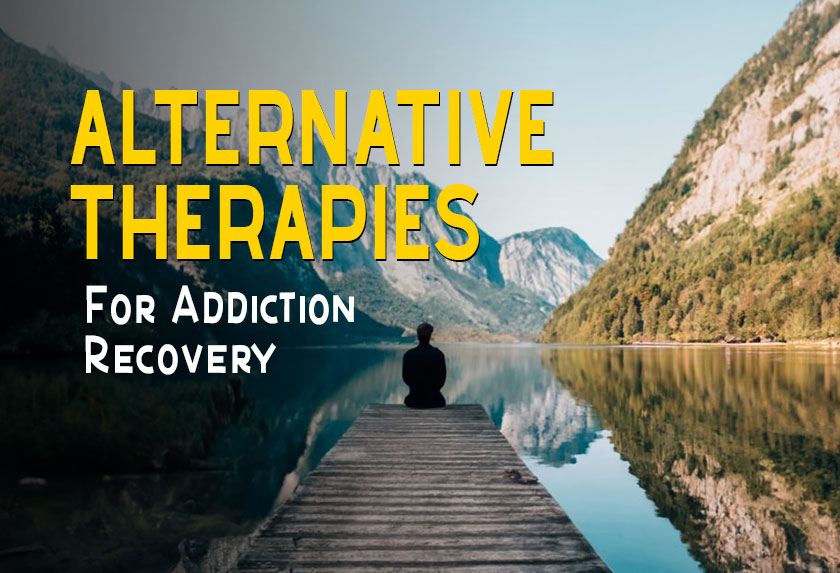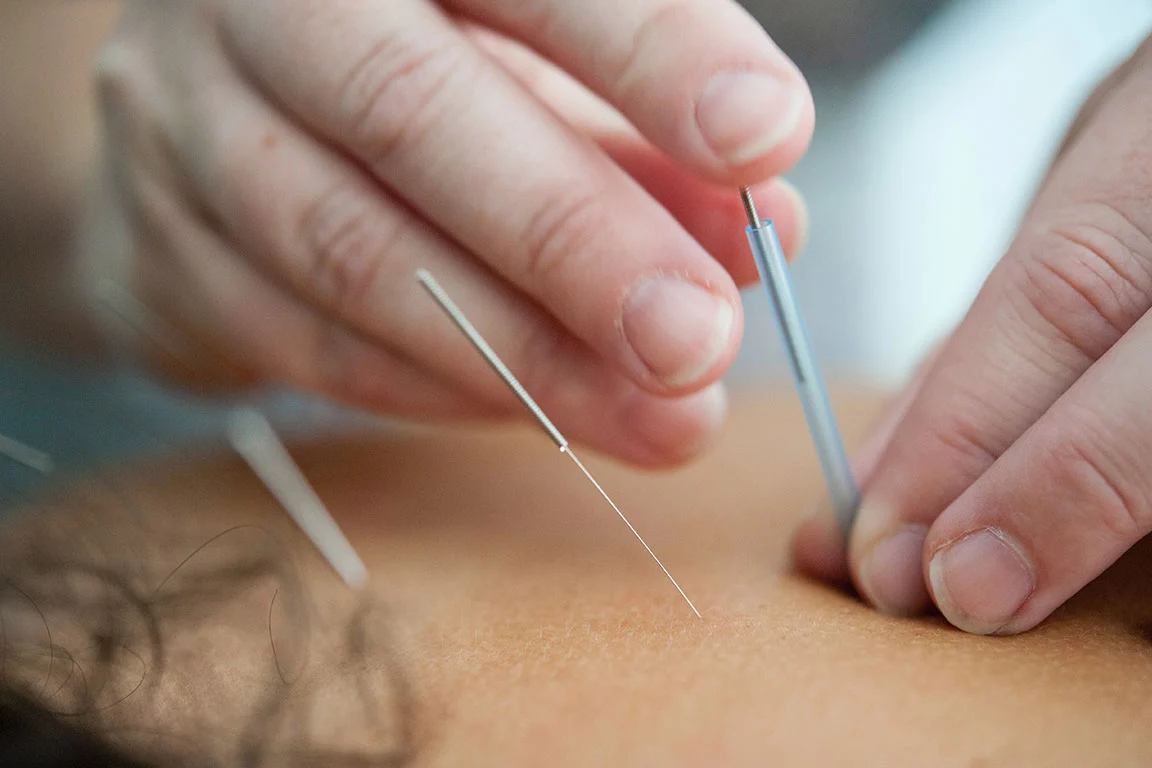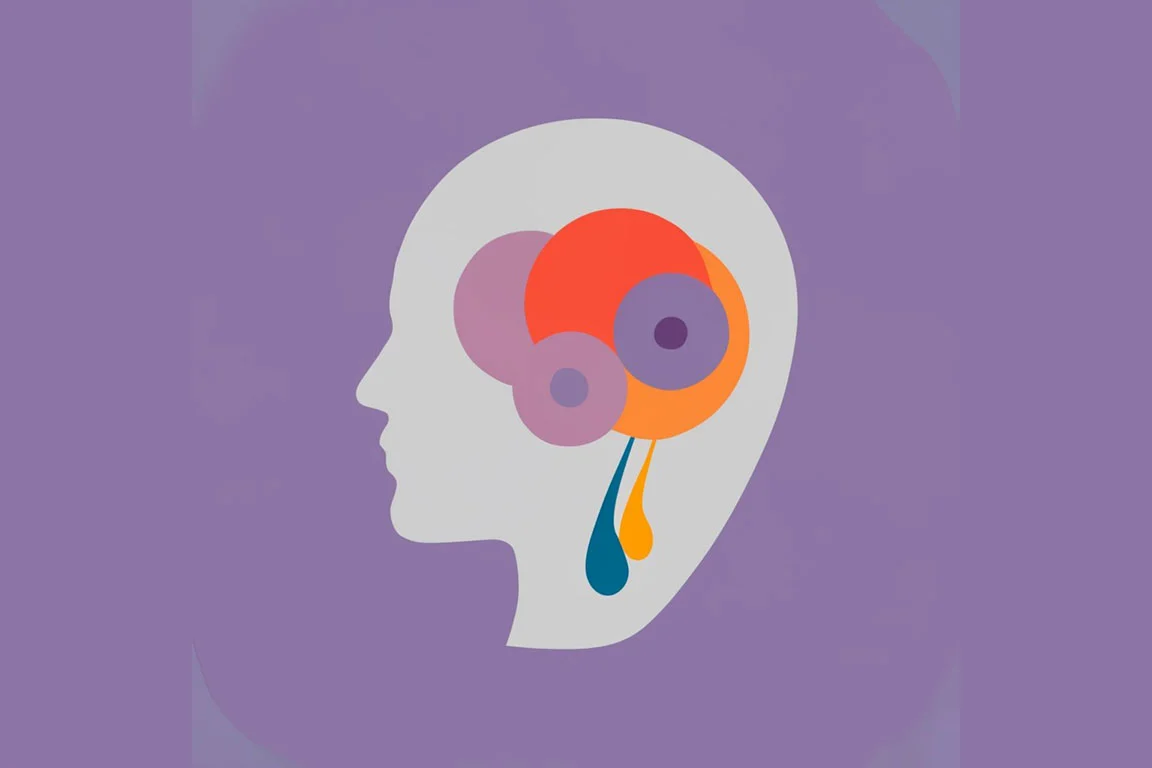Drug addiction can be a complex and difficult disease to overcome. Traditional addiction treatments may not be suitable for everyone, and there’s a growing interest in complementary and alternative therapies for drug addiction recovery.
These alternative approaches address the underlying causes of addiction through non-traditional methods therefore offering individuals additional options for treatment and support.
What are the alternative therapies for drug addiction recovery?
Types of alternative therapies
Alternative therapies encompass a broad spectrum of approaches that are used in addiction treatment. These non 12 step treatments may include mindfulness-based interventions, acupuncture, holistic treatments, biofeedback, and relaxation techniques, among others. Moreover each of these therapies offers distinct benefits and can be tailored to suit individual needs and preferences.
Effectiveness of alternative therapies for drug addiction recovery
Research has shown that alternative therapies can play a valuable role in addiction recovery.
While traditional treatment methods like medication and psychotherapy remain crucial, alternative therapies however, can complement these approaches and enhance the overall effectiveness of addiction treatment programs.
Many individuals find that combining traditional and alternative treatments can lead to better outcomes and a reduced risk of relapse.
Integration of alternative therapies with traditional treatment
Integrating alternative therapies with traditional addiction treatment is becoming increasingly common in rehab centers and treatment programs. Basically this integrated approach recognizes the value of offering diverse treatment options to address the complex needs of individuals struggling with addiction.
By incorporating alternative therapies into comprehensive treatment programs, providers can offer more holistic and personalized care to those seeking help for drug and alcohol use disorders.
How can mindfulness help in addiction recovery?
Mindfulness practices, including mindfulness meditation, have gained attention for their potential benefits in addiction recovery.
Through the cultivation of awareness and non-judgmental acceptance of the present moment, individuals can develop valuable skills for managing cravings therefore preventing relapse.
Practicing mindfulness techniques
Practicing mindfulness involves engaging in meditation and other mindfulness techniques to cultivate a heightened sense of awareness and attention.
By focusing on the present moment and observing thoughts and emotions without reacting to them, individuals can develop a greater sense of self-control and as a result reduce the impact of triggers that contribute to substance use.
Benefits of mindfulness in addiction recovery
Research suggests that mindfulness practices can have a positive impact on reducing cravings, decreasing stress, and improving emotional regulation, all of which are critical factors in addiction recovery.
By fostering a greater sense of inner peace and self-awareness, individuals additionally can enhance their ability to cope with the challenges of recovery.
Combining mindfulness with other treatments
Many addiction treatment centers now offer mindfulness-based programs as part of their comprehensive treatment approach.
Integrating mindfulness with traditional therapies, individuals as a result benefit from a more comprehensive and well-rounded treatment experience, addressing both the physical and psychological aspects of addiction.
What role does acupuncture play in addiction treatment?
Acupuncture, an integral part of traditional Chinese medicine, has been increasingly recognized for its potential role in addiction recovery.
This ancient practice involves the insertion of thin needles into specific points on the body to promote balance and alleviate various symptoms.
Understanding acupuncture treatment
In the context of addiction treatment, acupuncture is believed to help restore the body’s natural balance simultaneously alleviating physical and emotional distress that often accompanies substance withdrawal and recovery.
Being that acupuncture targets specific points, individuals may experience reduced cravings and improved overall well-being.
Benefits of acupuncture in addiction recovery
Studies have suggested that acupuncture can have a positive impact on reducing cravings and alleviating symptoms of anxiety and depression, which are common challenges during addiction recovery.
Additionally, acupuncture sessions can provide individuals with a sense of relaxation and relief from stress, supporting their overall journey towards recovery.
Acupuncture’s impact on reducing cravings
One of the key benefits of acupuncture in addiction recovery is its potential to reduce cravings for drugs and alcohol. Specifically by promoting the release of endorphins and affecting neurotransmitter levels, acupuncture can help individuals manage their cravings and reduce the risk of relapse.
What are the holistic alternative therapies for drug addiction recovery?
Holistic approaches to addiction recovery focus on addressing the individual as a whole, as a result, taking into account their physical, emotional, and spiritual well-being.
These approaches emphasize the importance of integrating various therapeutic modalities to support individuals in their journey towards recovery.
Components of a holistic approach
Components of a holistic approach may include nutritional therapy, exercise and fitness programs, mindfulness practices, yoga, art therapy, and other complementary treatments that aim to nourish the mind, body, and spirit.
By addressing multiple facets of an individual’s well-being, holistic treatments can offer a comprehensive and personalized approach to addiction recovery.
Benefits of holistic treatments for drug addiction
Holistic treatments can provide individuals with a range of benefits, including improved physical health, enhanced emotional well-being, and as a result give a stronger sense of purpose and connection.
By fostering a supportive and nurturing environment, holistic approaches can empower individuals to make positive lifestyle changes and sustain their recovery.
Implementing holistic approaches in addiction recovery centers
Many addiction recovery centers now integrate holistic approaches into their treatment programs, equally recognizing the value of addressing all aspects of an individual’s well-being.
By offering diverse holistic treatments, providers can cater to the unique needs and preferences of individuals seeking recovery from substance use disorders.
How effective are biofeedback and relaxation techniques in addiction recovery?
Biofeedback and relaxation techniques are gaining recognition for their potential to support individuals in managing the symptoms and challenges associated with addiction.
These approaches empower individuals to gain greater awareness and control over their physiological and psychological responses.
Utilizing biofeedback for addiction treatment
Biofeedback involves the use of electronic monitoring to provide individuals with real-time information about their physiological processes, such as heart rate, muscle tension, and skin temperature.
By learning to manipulate these processes, individuals can gain greater control over their physical and emotional states, altogether reducing the impact of stress and anxiety.
Benefits of relaxation techniques in managing addiction
Relaxation techniques, including guided imagery, deep breathing exercises, and progressive muscle relaxation, can help individuals manage stress, reduce tension, and promote a sense of calm and well-being.
As can be seen, these techniques can be particularly valuable in managing cravings and preventing relapse, offering individuals practical tools for maintaining their recovery.
Integration of biofeedback and relaxation with traditional therapies
Integrating biofeedback and relaxation techniques with traditional addiction therapies can offer individuals a more comprehensive and personalized treatment experience.
Empowering individuals to develop self-regulation skills and cope with the challenges of recovery, these techniques basically complement traditional treatments and enhance the overall effectiveness of addiction recovery programs.








